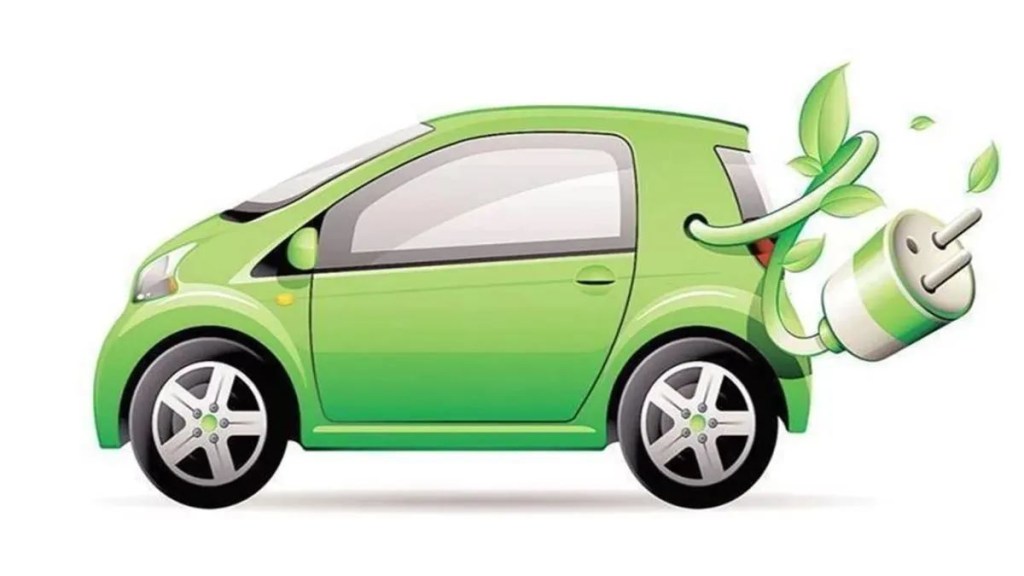A global surge in the cost of cells is putting pressure on the financial position of several electric vehicle (EV) manufacturing companies, forcing them to look at hiking prices by around 5-7% from next month and in April.
Tata Motors, India’s largest electric carmaker, said it will hike prices of the Tiago EV by Rs 30,000-35,000 in January. The company has been absorbing much of the cost pressure through internal cost cutting measures and improved localisation.
Talking to FE, Shailesh Chandra, managing director, Tata Motors Passenger Vehicles and Tata Passenger Electric Mobility, said: “There has been an increase of 30-35% in prices at the cell level. At the vehicle level, the increase would be 6-7%. We are contemplating hiking prices by Rs 30,000-35,000 in January.”
Also Read: Mercedes-Benz India and MBRDI to introduce new module in EV course at R.V. College of Engineering in Bengaluru
In light of the cases of fires reported on electric two-wheelers across the country, the government stepped up scrutiny before laying down stricter battery safety norms. These two-phase norms are expected to not just improve battery safety but push up the cost of their procurement too.
The Phase 1 of this norm called AIS 038 came into effect from December 1, 2022, while the second phase will come into effect from March 31, 2023. The total cost impact because of AIS 038 implementation will be 50 basis points for Tata Motors, according to Chandra. For two- and three-wheelers, the norm is AIS 156.
Manufacturers fear that a steep increase in prices will affect the total cost of operation for the EV buyer, especially if the buyer is a commercial operator, who is using the vehicle for business purposes. In such a condition the pricing gap between an EV and a petrol-powered vehicle which had come down will grow wider.
Also Read: Indian EV maker denies allegations of misappropriation of incentives
The new norms for batteries will usher in new designs, bring in better thermal management and better battery management systems and superior integration of the battery with the charger.
Samrath Kochar, founder and CEO, Trontek (a two-wheeler and three-wheeler battery maker), said: “We have increased our prices to the OEMs by 3%. Phase 2 will not have much cost impact.”
Demand for batteries by electric two-wheeler makers has been soft since the past several weeks and is expected to come down further if subsidies under the FAME 2 scheme from the government are not reinstated at the earliest.
“Battery prices are looking to soften and by next quarter we will see the moderation. Since Q4 of last financial year it started to hit us and thereafter it has been continuously increasing,” Chandra added.
EV sales in 2022 so far have tripled compared with 2021, as per data shared by the government-controlled Vahan portal. Nearly 969,000 EVs have been sold in 2022 against nearly 322,000 in 2021.
Sales of electric cars have grown 167% to 31,900 units against 12,000 clocked in 2021. Electric two-wheeler sales have grown four times to 600,000 units this year compared with 150,000 sold in 2021. They stood at 327,000 units this year against 154,000 units clocked last year.



















